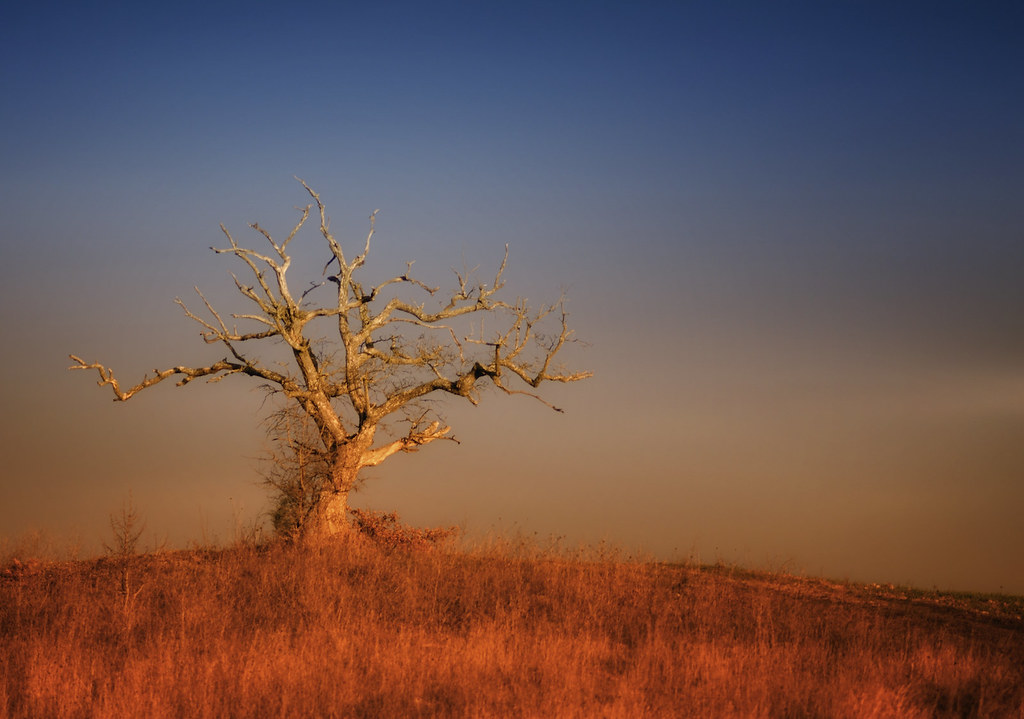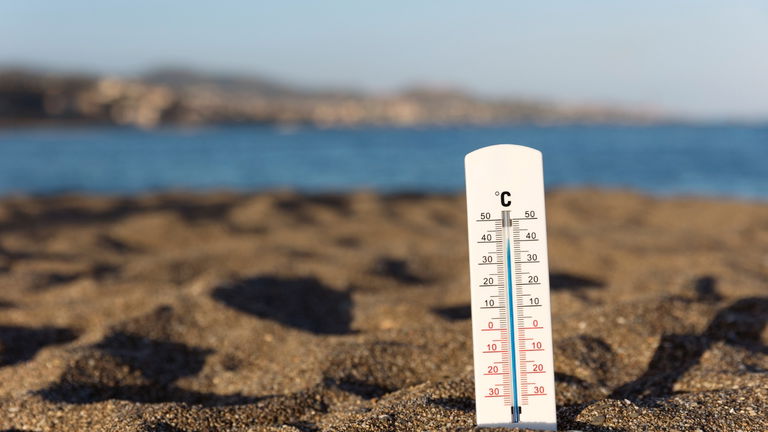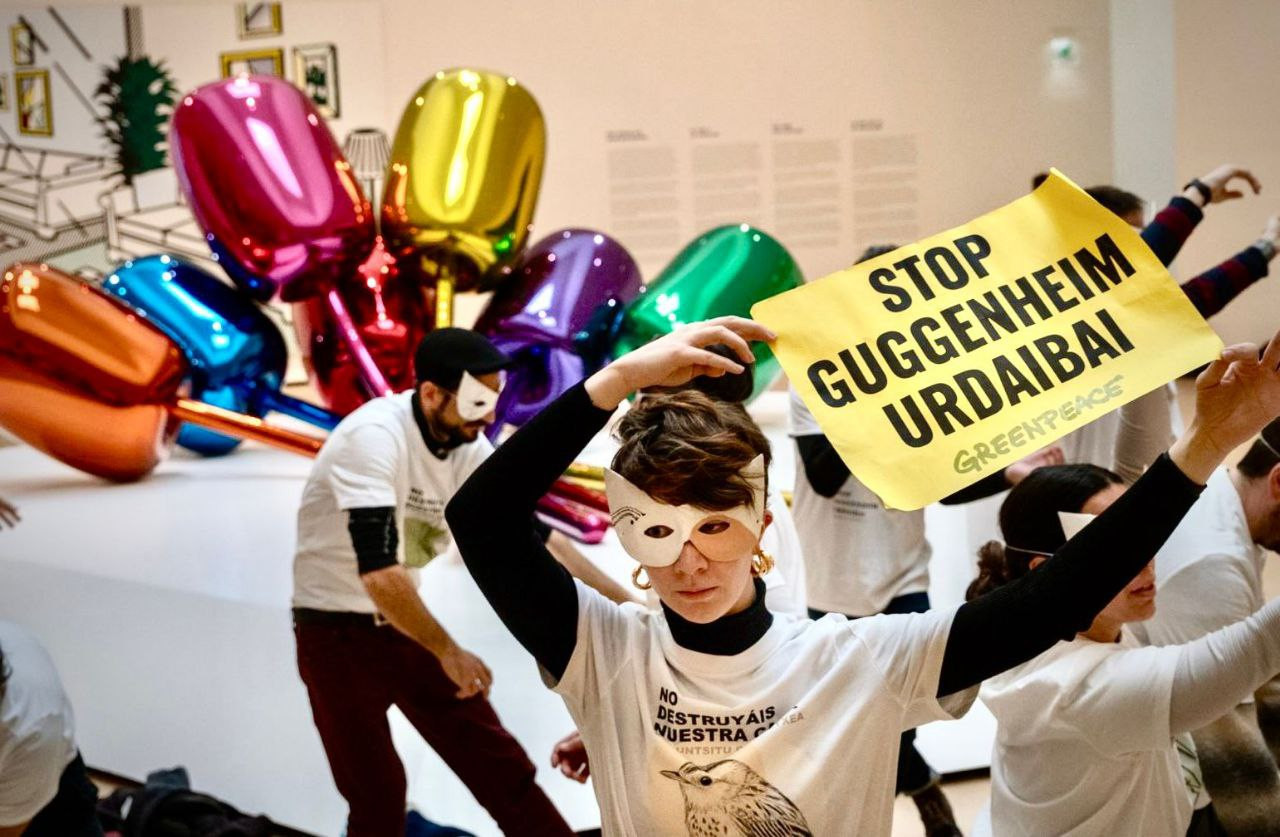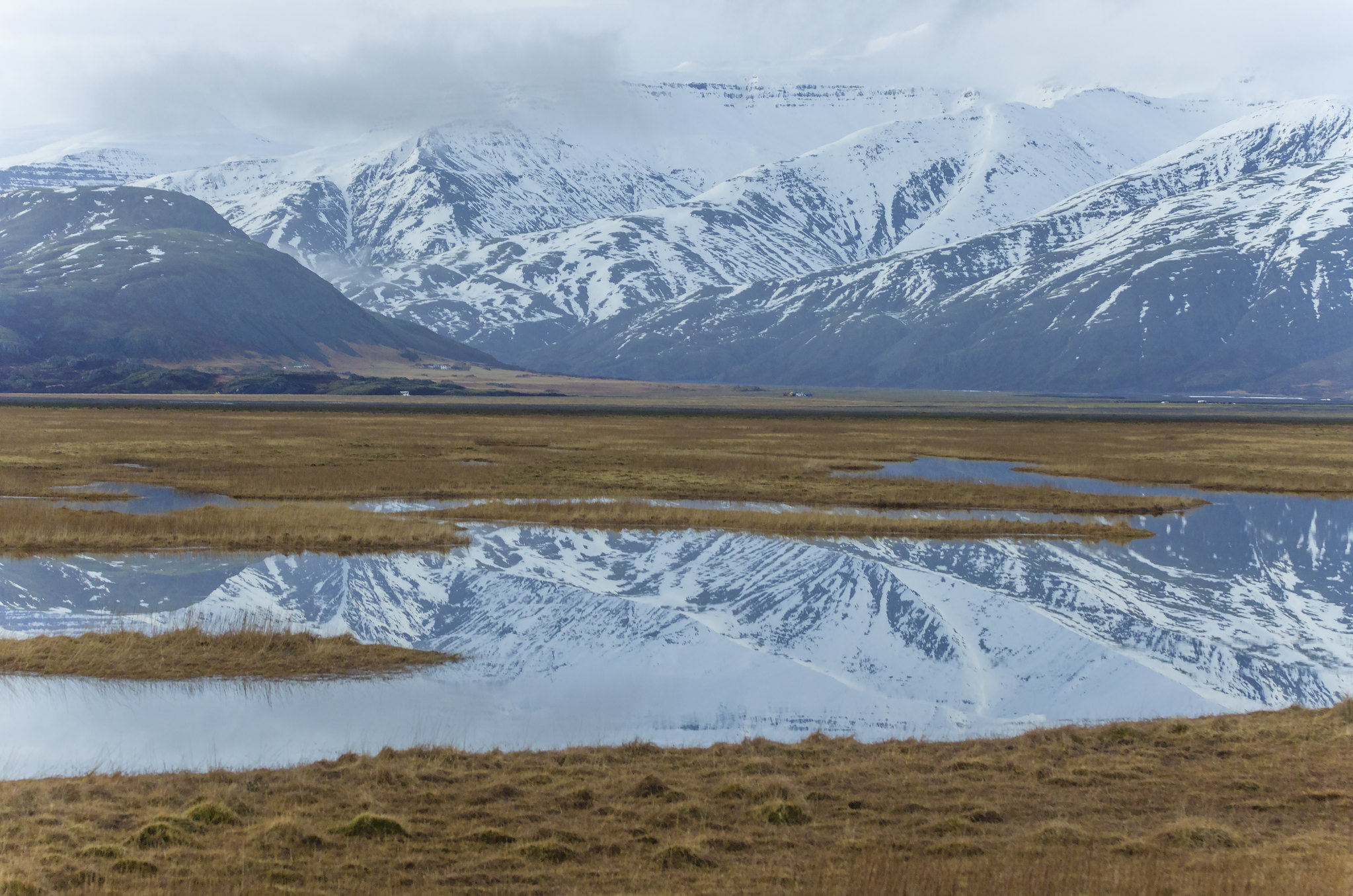The drought in Angola threatens 2.3 million people, but who cares?
- The most neglected humanitarian crisis in the world is the one that has persisted in southwestern Angola since 2019. As a result of a prolonged drought fuelled by climate change, millions of people live in poor or inadequate food and are forced to make great efforts to find water every day. In addition, they also face a socio-economic context that is going badly. All this away from the interest and attention of the big media.

Like the other poor countries far away, Angola is rarely mentioned in the mainstream media of our latitudes. In the Basque Country, most of the people who know this country are tuna fishermen, but when they go over there they focus on the rich waters of the Benguela stream. The wind that creates the Benguela current in the sea creates a dry climate on the ground in southwestern Angola. In the provinces of Cunene, Huíla, and Namibe, the rainy season is short, and local farmers must be vigilant to sow at the right time.
But from 2019 to the present, the wet season in these three provinces has been greatly weakened, creating an unusual drought there. The only exception was the abundant rainfall of December 2023, but the rains started late, which meant that the yield during the harvest period was not enough. Today, 2.3 million local people suffer from the effects of drought. It is estimated that the normal number of meals in 20% of households cannot be ensured unless the household property has been liquidated through the purchase of short-term food. Regardless of the times of harvest, the degree of crop inadequacy – or poor nutrition – is high. According to the United Nations Children ' s Fund, of those 2.3 million, 500,000 are brutally dependent children.
Digging the wells for mud
The situation in the province of Cunene in 2019 was already harsh. The reservoir of the city of Ondjiva was soon emptied due to the scarce rainy season – or more specifically, if there was water but below ground level in the groundwater layer. In the absence of any other resources, several local families began digging wells in the mud, most of them up to three meters deep, some of them a dozen meters, to take advantage of the water that was present. They find salty mud rather than water, and the excavation and maintenance of the wells are in the hands of women and children. Women also have to walk long distances selling wood to get money to buy food. Older men are not at home during the dry season: they tend to transhumance their cattle to greener areas – and have to move farther and farther away from home every year. Obtaining water from wells requires four to seven hours of work per day. Sometimes the walls of these damp clay wells fall and drilling must be resumed. Even if they do not fall, the clay mud is constantly flowing and must be removed daily from the bottom of the well until it finally finds water. But not all the days are good, and sometimes even after seven hours, they get only 20 liters for a family of twelve people. The children who go to school do not have the strength to continue the classes, because in addition to the exhaustion of the works in the well and the scarce food, many take the domestic animals to drink at night, with a route that can last four hours. In several families with pigs, most have been slaughtered to eat something in the short term – but with medium-term resources compromised.
The drought and famine in Angola has been the most coveted humanitarian crisis in the world media for three consecutive years, from 2022 to 2024. The NGO CARE International emphasizes that between January and September 2024, there were less than 2,000 articles published in the world about the situation in Angola – about 300,000 articles about the film Barbie were published in the same time. Drought is a disease that spreads gradually, often without sudden episodes. Poor water and food and/or tiredness gradually ruin lives. Is the reason why the mainstream media has little interest in such situations a scant fact?
Confusion with structural problems
The problems caused by climate change are more severe in regions suffering from structural vulnerabilities, and this is the case in Angola. Before the drought, the socio-economic situation in the provinces of Huíla and Cunene was becoming precarious. An increasing number of communal saplings have been taken over by industrial breeders since 2002, with the approval of the government. For example, in the municipality of Gambos-Chiange, industrial ranchers have acquired 67% of the alphads. In 2019, Amnesty International made it clear that the theft of the most fertile land undermines small farmers economically and socially, reducing their ability to produce food and cope with droughts. It is in this panorama that the effects of drought have spread.
In addition, in recent months cholera has begun to spread again in Angola, and one of the affected provinces is Huíla. Insufficient drinking water facilitates the spread of this disease, and the effects on bodies tired of poor food are even more severe. Nor does the economic situation help, since the devaluation of the currency has increased the price of imported food. The International Monetary Fund has just requested the Government of Angola to suspend public subsidies for petrol in order to improve the state’s finances. Alta, there are better times to make adjustments to public finances...
Finally, Angola has been severely hit by the suspension of USAID humanitarian aid by the United States. One of the initiatives that has been discredited was actually intended to improve irrigation systems for crops. There are better times than this to influence such projects, to interrupt them even more, but as the US leadership has shown, little matter of the consequences.
As we mentioned in our report on climate change in South Sudan, South Sudan has had more than enough rain since 2019, which has been scarce for southwest Angola since the same period. In both cases the culprit is known: climate change, and the imbalance of the rainy cycles that this entails. According to water cycle expert Peter Gleick, at the moment about 90% of the disasters caused by climate change are linked to insufficient water and/or floods. Angola oh, qu'povo knows? (“Angola, what do the people know?”) sang Cesaria Evora. We wanted to tell you at least a little about the country that suffers from the humanitarian crisis that has been mentioned most often in the world.
Today’s Venice is built on an archipelago of 118 islands. These islands are connected by 455 bridges. The city is based on mud rather than Lura. Millions of trees in the area were cut down from the 9th century onwards to build piles and cement the city. Years have passed and... [+]
Lurrak guri zuhaitzak eman, eta guk lurrari egurra. Egungo bizimoldea bideraezina dela ikusita, Suitzako Alderdi Berdearen gazte adarrak galdeketara deitu ditu herritarrak, “garapen” ekonomikoa planetaren mugen gainetik jarri ala ez erabakitzeko. Izan ere, mundu... [+]
Eskola inguruko natur guneak aztertu dituzte Hernaniko Lehen Hezkuntzako bost ikastetxeetako ikasleek. Helburua, bikoitza: klima larrialdiari aurre egiteko eremu horiek identifikatu eta kontserbatzea batetik, eta hezkuntzarako erabiltzea, bestetik. Eskola bakoitzak natur eremu... [+]
Agintari gutxik aitortzen dute publikoki, disimulurik eta konplexurik gabe, multinazional kutsatzaileen alde daudela. Nahiago izaten dute enpresa horien aurpegi berdea babestu, “planetaren alde” lan egiten ari direla harro azpimarratu, eta kutsadura eta marroiz... [+]
Biologian doktorea, CESIC Zientzia Ikerketen Kontseilu Nagusiko ikerlaria eta Madrilgo Rey Juan Carlos unibertsitateko irakaslea, Fernando Valladares (Mar del Plata, 1965) klima aldaketa eta ingurumen gaietan Espainiako Estatuko ahots kritiko ezagunenetako bat da. Urteak... [+]
Nola azaldu 10-12 urteko ikasleei bioaniztasunaren galerak eta klima aldaketaren ondorioek duten larritasuna, “ez dago ezer egiterik” ideia alboratu eta planetaren alde elkarrekin zer egin dezakegun gogoetatzeko? Fernando Valladares biologoak hainbat gako eman dizkie... [+]
Eskoziako Lur Garaietara otsoak itzularazteak basoak bere onera ekartzen lagunduko lukeela adierazi dute Leeds unibertsitateko ikertzaileek.. Horrek, era berean, klima-larrialdiari aurre egiteko balioko lukeela baieztatu dute, basoek atmosferako karbono-dioxidoa xurgatuko... [+]













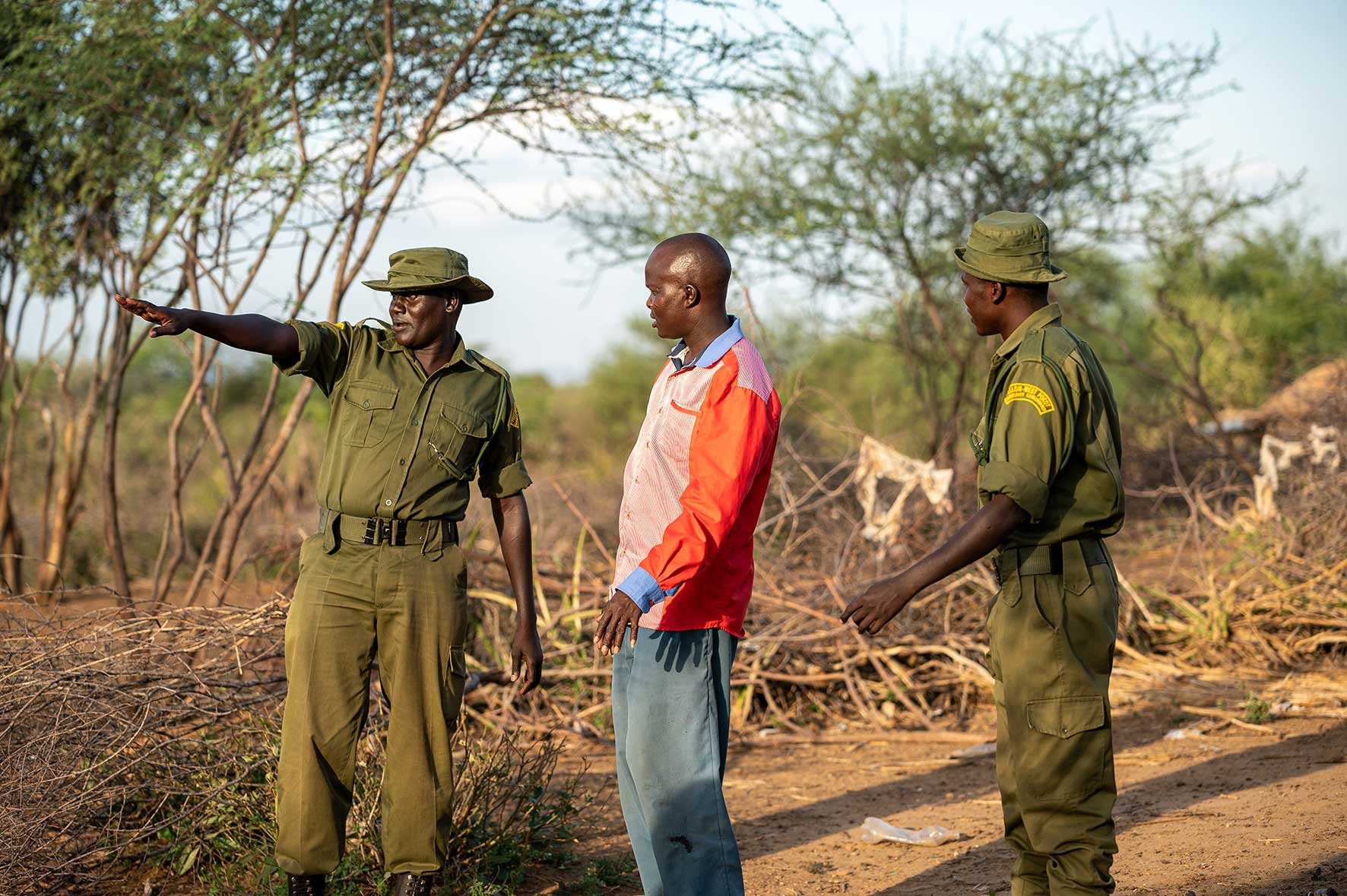
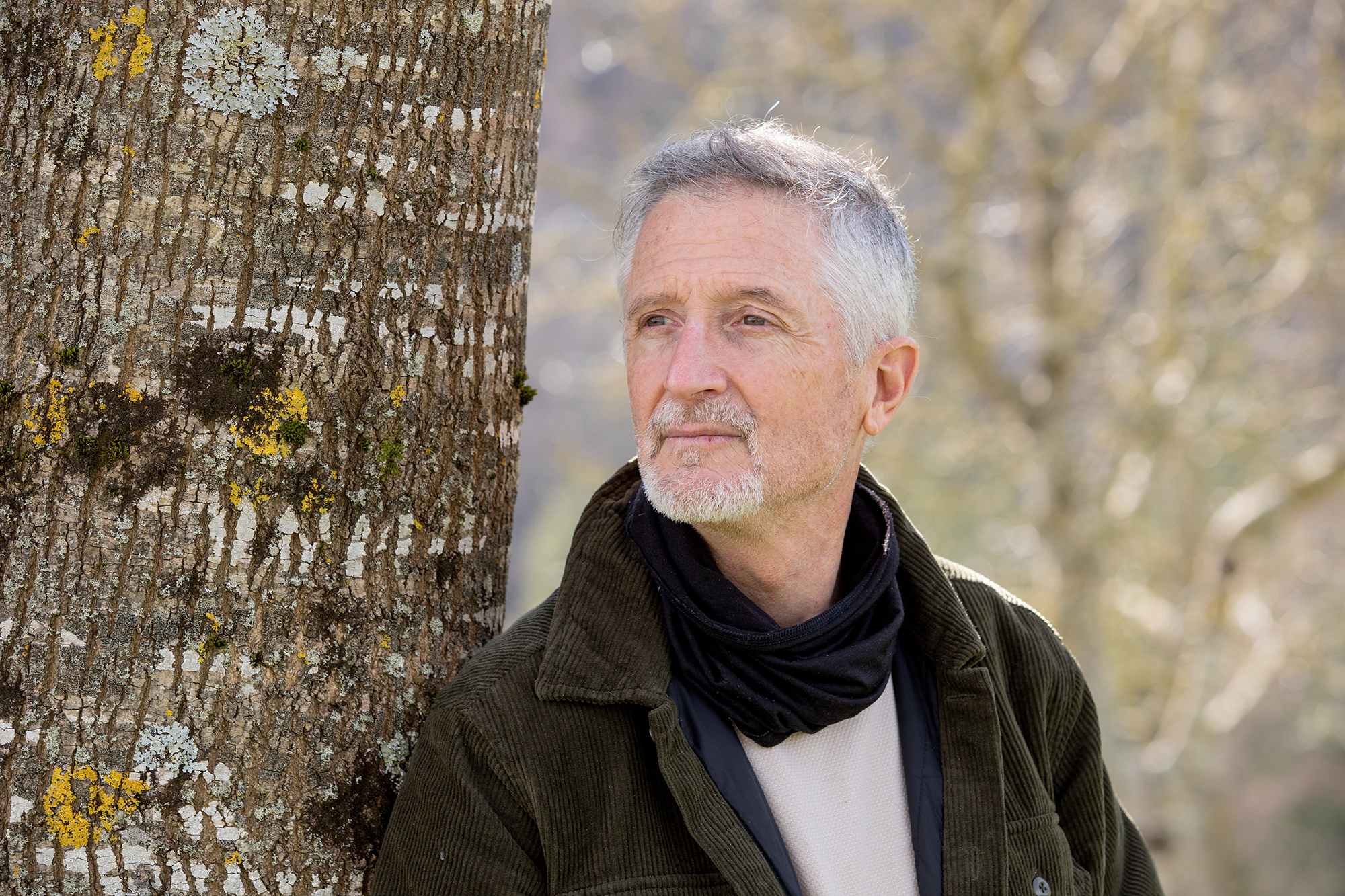

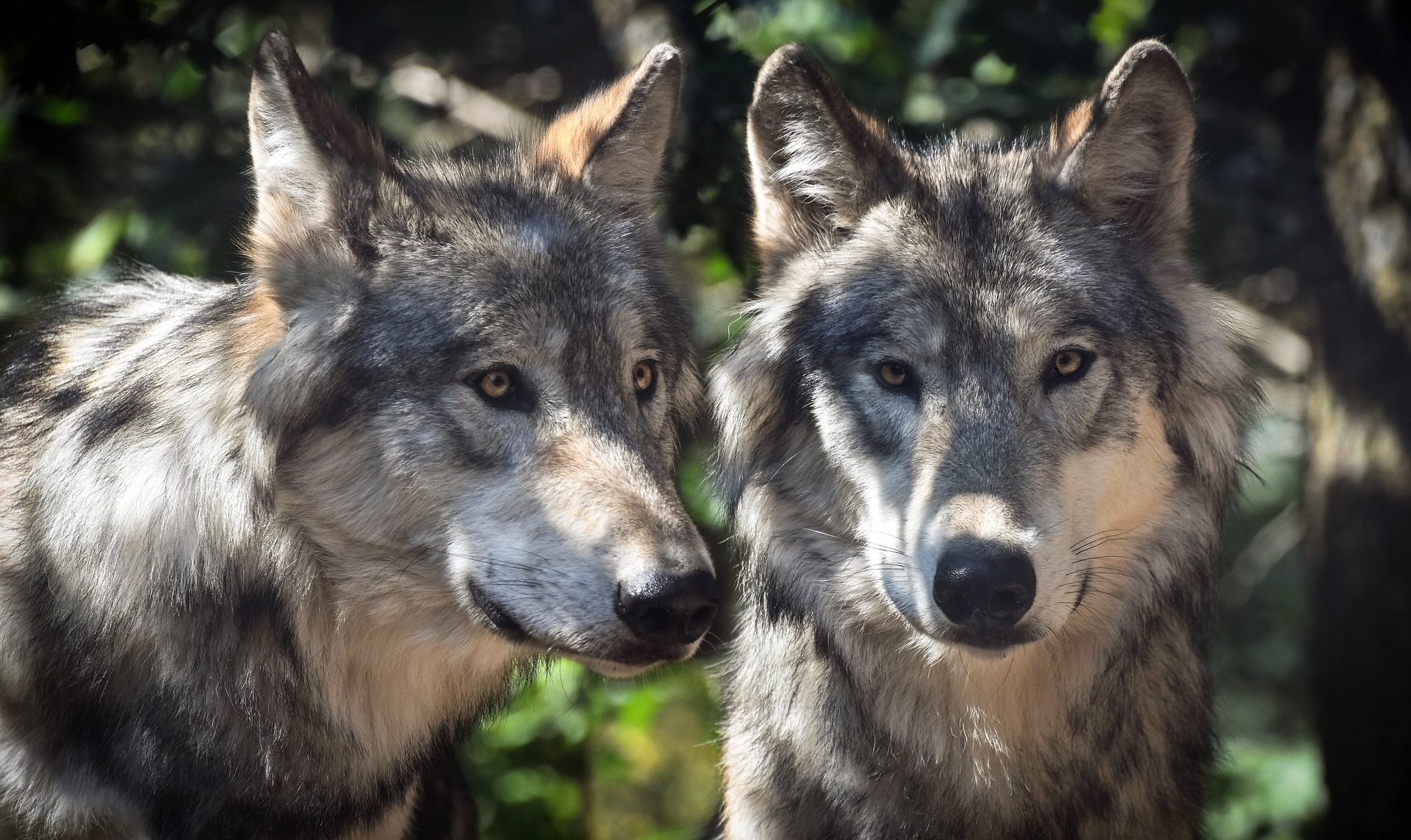
_Glaciar.png)
